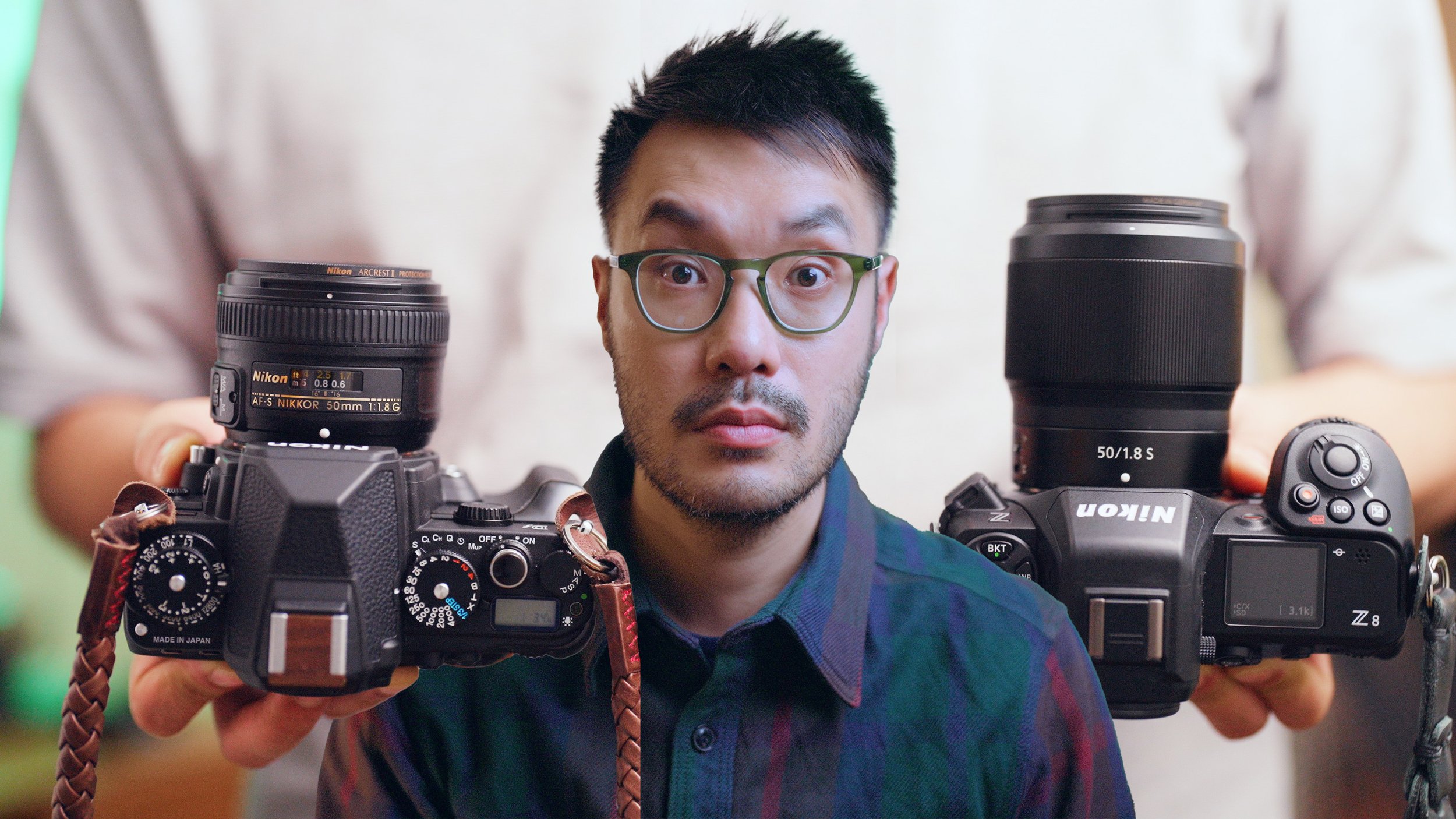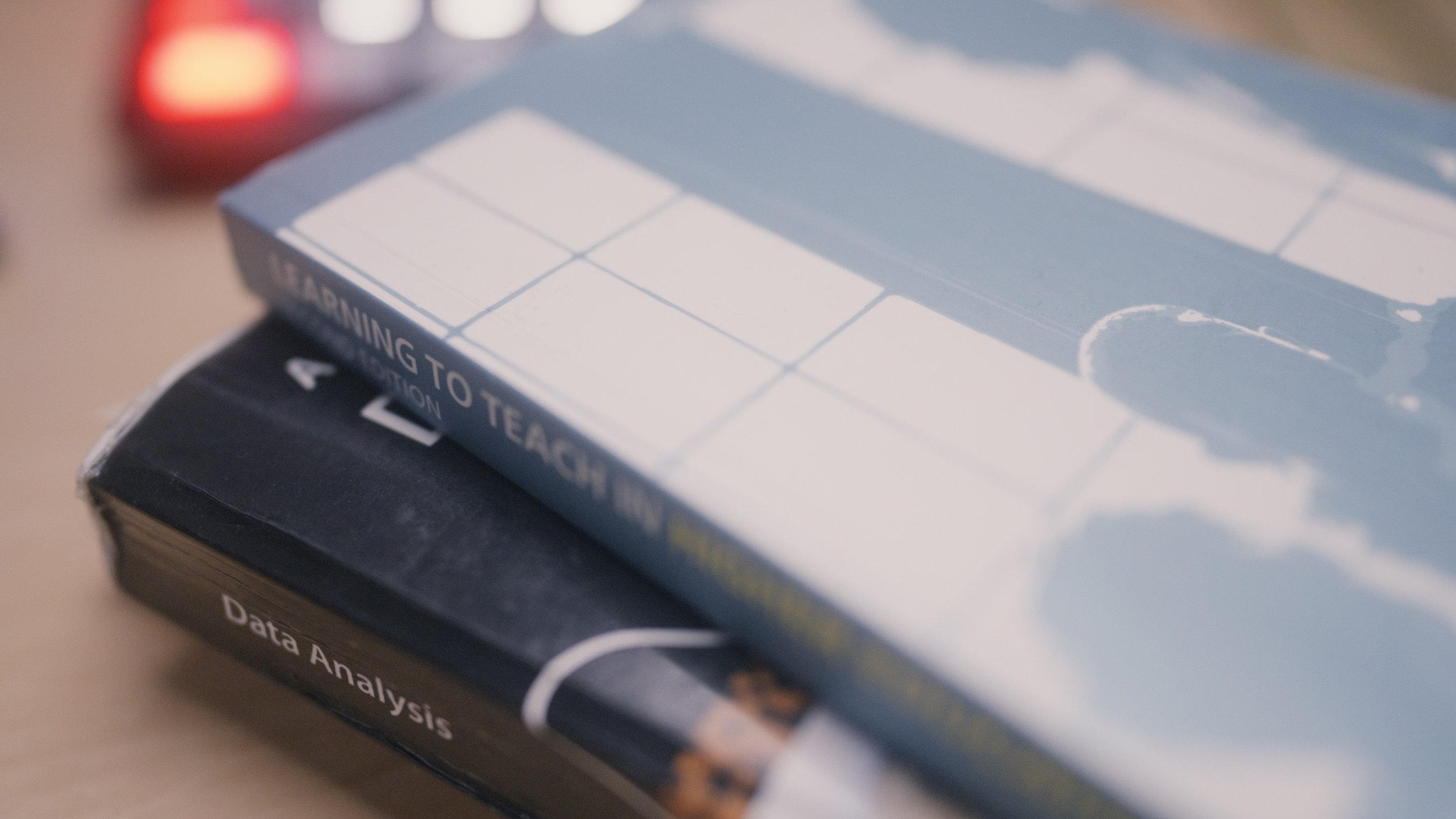

Stolen moments (Vol 2)
28 May 2022
I’m in the process of designing a brand new lab course for Semester 2, and the next series of blog entries will be my attempt to “think out loud” and steal some time away from the pressure of looming deadlines... Last time we talked about recombinant DNA technology and how molecular cloning of specific genes can be adapted for citizen science projects. Following on from cloning novel plasmids that encode genes of interest, students can work with their own plasmids, or characterise existing plasmid libraries generated by your research labs to express and purify novel proteins of interest.

The Search
20 May 2022
Researching and finding new information should be a student’s bread and butter, but it’s not always as simple as a “Googling it”… or is it? Some topics have decades of literature to trawl through, and you have to know what’s already out there before you can figure out the last piece of the puzzle. Peer-reviewed articles are the gold standard, but you have to go through hard copies in physical libraries or use online databases with expensive subscription fees. Academic Search Engines like Google Scholar are trying to disrupt this model of information access, but are they worth your time? Can they be a “one-stop-shop” for your reports and assignments, and help you work smarter, not just harder?

Stolen moments (Vol 1)
13 May 2022
I’m in the process of designing a brand new lab course for Semester 2, and the next series of blog entries will be my attempt to “think out loud” and steal some time away from the pressure of looming deadlines... The focus will be on inquiry-based learning in molecular biology labs classes - starting today with DNA + Molecular Cloning. In molecular cloning, if one step fails, everything fails. It is very tempting to have students follow cookbook recipes for each part of the process, but it is more valuable for their learning if you give students more autonomy in the experimental design. You can soften the learning curve by limiting the parameters that students can change.

Counting Birds
5 May 2022
What does Bird Counting have to do with Academia, Science Education, or Teacher development? It was Christmas Day, December 25th 1900, when the ornithologist Frank M Chapman, took hold of the bourgeoning Conservation movement in north America. Instead of hunting birds as part of normal holiday traditions, that year Chapman decided to count them instead. The Christmas Bird Count is one of the earliest examples of Citizen Science - a template of large-scale scientific participation involving members of the general public that is gaining traction across all areas of science. Today let’s walk through how teachers can use citizen science to promote active-inquiry-based learning.

Market Inefficiencies
27 April 2022
Every professional is being pulled in a million different directions, and we have to constantly re-prioritise what is worth our time on any given day. At universities and colleges, research versus teaching is the ongoing conundrum. Spending more time on one takes away from the other, and it can feel like a zero-sum game with you stuck in the middle. Surely there are skillsets shared across the teaching and research domains for early career academics to find new synergies in their professional development? Today’s focus is on communication - the market inefficiency in professional learning that benefits both your teaching and research.

Our Reality
20 April 2022
On the 1st of April in 2013, the front cover of Time Magazine was adorned with a bold proclamation: “How to Cure Cancer: Yes it’s now possible”. These claims were sparked by high-profile biomedical funding pushes and research projects, most notably the Human Genome project, involving an international consortium of scientists across 20 countries over a decade and $3 billion US dollars to complete. It promised to “crack the human genetic code” and unlock cures to all sorts of disease including cancer. In the latest Biolab Collective video, I walk through the basics of DNA sequencing, with specific emphasis on “traditional” sequencing – also known as Sanger sequencing, and highlight some points of comparison to next-generation DNA sequencing platforms that have taken over the industry. The Human Genome project was an incredible achievement in the historical context of biology, but unless you are working in the field of genetics or molecular biology, it can be difficult to appreciate its impact on your everyday life. What’s the disconnect here, and why are advancements in medical research not happening at the rate we were promised? Why does our expectation not meet our reality?

First Steps
13 April 2022
At times we all feel stuck between a rock and a hard place, but this is especially common early in academia. You’ve just finished your PhD, and hopefully you felt supported through that process by your supervisor, colleagues, friends and family, but now as an ECR or MCR, you need to prove that you can be independent. Your supervisor can be very well-intentioned, but they need to survive as well. Neither of you can afford to be unproductive, and before you know it you’re pulling long hours, working nights and weekends, and it feels like you never finished your postgrad training. There’s so much more in academia outside of your research that you need to learn - service, community engagement, teaching, leadership - where do you find the time? How can we work smarter, not just harder?

Managing Expectations
8 April 2022
When you hear about “cloning”, what’s the first image that comes to mind? Frankenstein-esque experimentation carried out in abandoned hospitals, or Clone Clubs filled with identical “sistres”? I want students to be excited by science, but also realistic about its everyday implications. Rather than making copies of whole organisms, animals or humans, the bulk of the cloning done in molecular biology labs is fusing tiny pieces of DNA together. It’s not exciting, glamorous, or particularly newsworthy, but it’s the necessary grunt-work that makes much of our experimentation possible. Scientists who are experienced in all aspects of molecular cloning and recombinant DNA technology are incredibly valuable across the sector.

Substance over Style
1 April 2022
You’ve been asked to present your very first lecture, and it can be a daunting process. The advice I’ve seen online seems to focus disproportionately on style – interesting or funny anecdotes, attention-grabbing graphics, and powerful quotes. These strategies may make for memorable moments, but can’t overcome inconsistencies in your learning or assessment design. My personal preference is to advocate for substance over style, and over the years my conversations with learning designers have improved my approach to teaching more than any quick tips on “how to be more engaging”. I’m not a learning designer, but here are some of their strategies that I’ve found to be most useful when getting started.

The Long Game
24 March 2022
I’m in the middle of our teaching semester right now, and the question first year University students keep asking me is “how should I be studying?”. On YouTube there appeared to be two “universally” agreed upon studying techniques – Active Recall and Spaced Repetition. Both Active Recall and Spaced Repetition are targeted towards remembering large volumes of information. It’s not a shortcut, and actually take a lot of effort to maintain over an extended period of time. Teachers don’t talk about these techniques because we know memorising is not the same as learning. In science, you simply can’t memorise everything because the knowledge is always changing.
